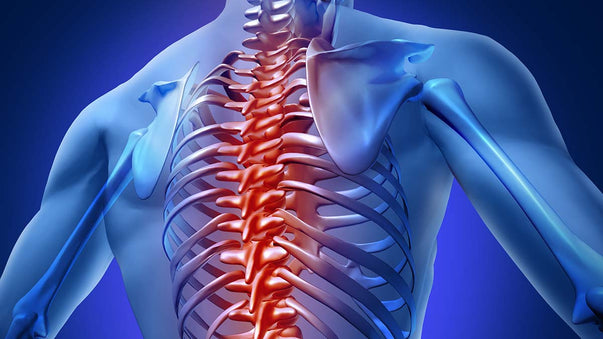AI-Boosted Brain Stimulation May Enhance Cognition

Researchers at University of Minnesota and Massachusetts General Hospital have shown that it is possible to improve specific human brain functions related to self-control and mental flexibility. They did this by merging Artificial Intelligence (AI) with targeted electrical brain stimulation.
"This system can read brain activity, 'decode' from that when a patient is having difficulty, and apply a small burst of electrical stimulation to the brain to boost them past that difficulty," said researcher Alik Widge in a press release issued by University of Minnesota. "The analogy I often use is an electric bike. When someone's pedaling but having difficulty, the bike senses it and augments it. We've made the equivalent of that for human mental function."
The researchers conducted a study. It is described in a paper published in Nature Biomedical Engineering. The study included 12 brain surgery (for epilepsy) patients, implanted with hundreds of tiny electrodes throughout the brain.
The researchers found that electrical stimulation of a specific brain region improved cognitive control. This was expressed in the ability to to shift from one thought pattern or behavior to another.
"An example might include a person with depression who just can't get out of a 'stuck' negative thought,” noted Widge. “Because it is so central to mental illness, finding a way to improve it could be a powerful new way to treat those illnesses."
Then the researchers used AI algorithms to track the cognitive control abilities of the patients in realtime and provide boosts of stimulation whenever needed. Some patients suffering from anxiety reported that their anxiety was reduced by the cognitive-enhancing stimulation. They were more able to shift their thoughts away from their distress. This suggests that this method could be used to treat patients with anxiety or depression.
"This could be a totally new approach in treating mental illness. Instead of trying to suppress symptoms, we could give patients a tool that lets them take control of their own minds," Widge concluded. "We could put them back in the driver's seat and let them feel a new sense of agency."
"The wonderful thing about these findings is that we are now in a position to conduct clinical trials to further demonstrate effectiveness and then hopefully move to helping treatment-resistant patients who are in desperate need for additional interventions to treat their illnesses," added researcher Darin Dougherty.
The researchers are now preparing for clinical trials. Because deep brain stimulation is already approved by the U.S. Food and Drug Administration for improving cognitive control, existing tools and devices could be used in clinical trials. And the translation to medical practice could be rapid.
More Articles
Don't miss a beat! In our Pulse Newsletter, Thrivous curates the most important news on health science and human enhancement, so you can stay informed without wasting time on hype and trivia. It's part of the free Thrivous newsletter. Subscribe now to receive email about human enhancement, nootropics, and geroprotectors, as well as company news and deals.
Read more articles at Thrivous, the human enhancement company. You can browse recent articles in Thrivous Views. See other Pulse Newsletter articles. Or check out an article below.
-
The Zhang Clock Portends Near-Perfect Age Prediction
Researchers investigated whether a perfect DNA methylation-based measure of biological age is theoretically available. And they reported the results of ...
-
Controlled Molecular Motion for Spinal Cord Repair
Northwestern University researchers have developed a new injectable therapy that harnesses "dancing molecules" to reverse paralysis and repair tissue after ...


